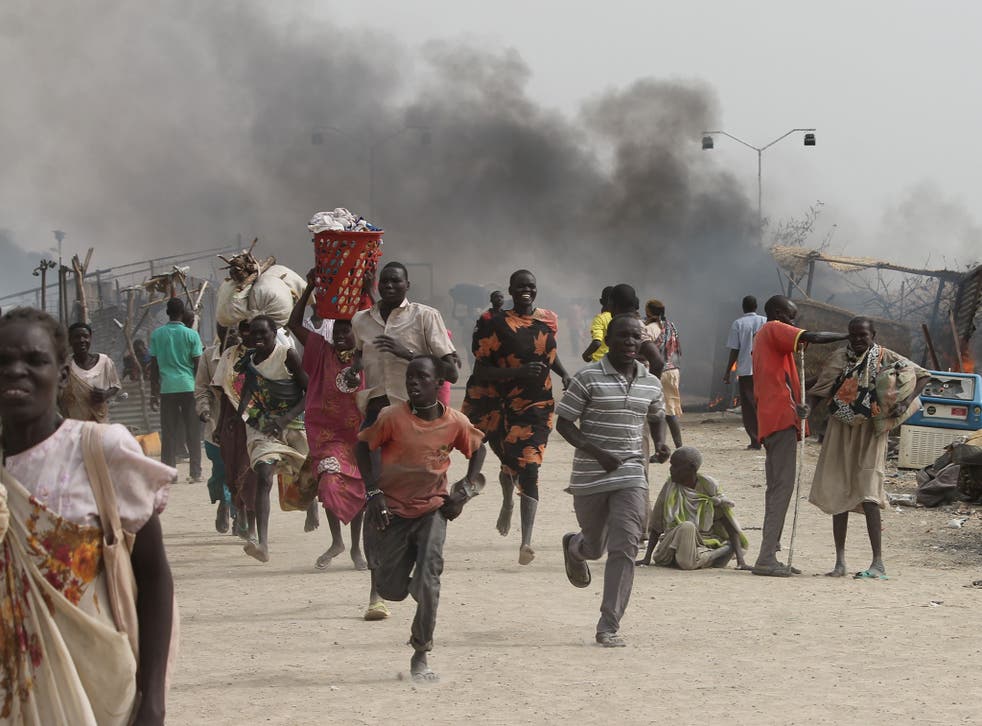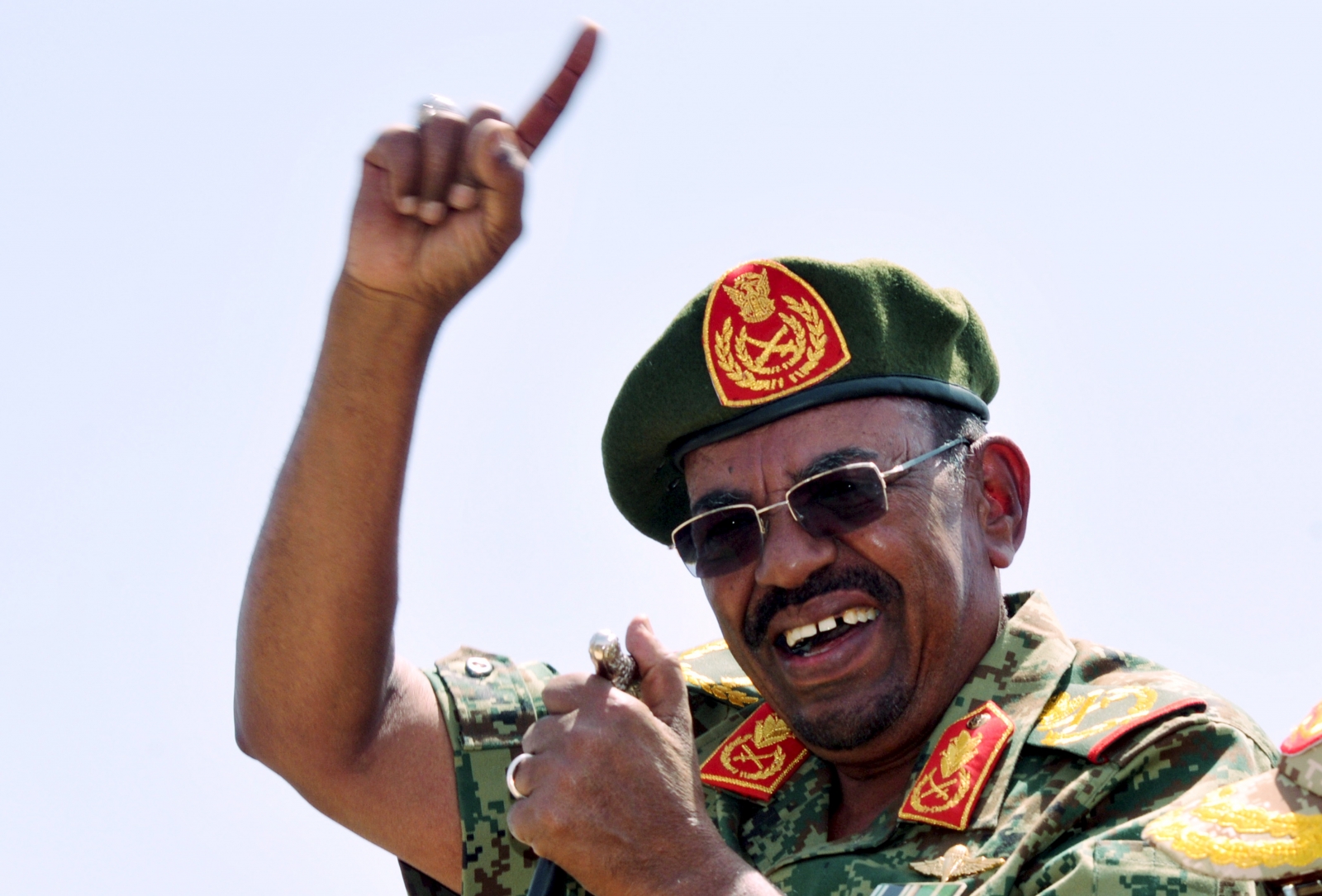
South Sudan army burned civilians alive, ran them over and threw children into tree trunks.
A Catastrophic Civil War Rages in Sudan
Declan Walsh / The New York Times
(August 17, 2024) — After more than a year of civil war, the toll in Sudan is heartbreaking: thousands killed, millions scattered and cities besieged or destroyed across a vast nation three times as large as France. Much of the capital lies in rubble. This month, international officials declared that part of Sudan was in a famine. At least 100 people die of hunger every day.
And there are signs it could soon get much worse.
Recently, I spent three weeks in Sudan, traveling across a part of the world that few foreign reporters have reached. The scale and intensity of destruction were startling: A conflict that started as a power struggle between rival generals has metastasized into a far bigger and messier conflagration, threatening to spread chaos across an already fragile region.
Despite all that, the conflict has received scant attention from world leaders or money for humanitarian aid. But its soaring human cost is making it ever harder to ignore. U.N. experts warn that Sudan is again spiraling into genocidal violence, as it did in the early 2000s. Samantha Power, the head of USAID, says it is “the single largest humanitarian crisis on the planet.”
One faint glimmer of hope lies in tentative peace talks, mediated by the United States, that started in Switzerland yesterday. Today’s newsletter explains the stakes: how an unexpected civil war is crushing Africa’s third-largest country — and what could stop the suffering.

Sudan’s ousted dictator, President Omar Hassan al-Bashir.
Hope on the Ropes
Only five years ago, Sudan was the source of euphoric hopes, when crowds of young people gathered to oust President Omar Hassan al-Bashir, the country’s dictator of three decades. For once, it seemed that a popular revolution in an Arab country might succeed.
Artists flourished. Politics opened up. Western governments offered to cancel billions of dollars in debt. Al-Bashir went to jail, convicted on corruption charges.
Those dreams were dashed after just two years, in 2021, when Sudan’s military and a powerful paramilitary group known as the Rapid Support Forces, unwilling to cede power to civilians, united to overthrow the government in a coup.
But the alliance was short-lived. The coup leaders — the army chief, Gen. Abdel Fattah al-Burhan, and the R.S.F. commander, Lt. Gen. Mohamed Hamdan — fell out over how to merge their forces. Then they went to war.
A Surprise War
When the first shots rang out on the streets of the capital, Khartoum, in April 2023, many residents figured it wouldn’t last long. Sudan had experienced dozens of coups, more than any country in Africa, since it won independence in 1956. Most were short-lived and bloodless.
But the military found that the R.S.F., a force it had once helped to create, was now a formidable adversary with fighters more battle-hardened than its own forces. By December, the R.S.F. had seized most of Khartoum and the country’s breadbasket region, Jazeera State, as well as much of Darfur, the western region that suffered a genocide two decades earlier.
General Hamdan, the R.S.F. leader, claims to be fighting for Sudan’s marginalized and has sought to distance his force from its roots in the Janjaweed militias that terrorized Darfur in the 2000s. But his lofty speeches are at odds with the massacres, rape and ethnic violence that human rights groups say his fighters commit.
The Sudanese military is also guilty of war crimes, U.S. officials say, including indiscriminate bombing and the use of starvation as a weapon of war.
Rising Stakes
Because Sudan is such a huge and populous country, the number of people who may starve is staggering.
According to the latest estimates, 26 million people — over half the population — are suffering crisis levels of hunger. On Aug. 1, two groups of global hunger experts declared famine at a camp in Darfur, the world’s first since 2020. Other parts of the country may soon follow, they say.
The conflict also brings political risk. It could spread to Sudan’s weak neighbors, like Chad or South Sudan. European leaders fear an influx of refugees. American intelligence worries that a lawless Sudan could become a terrorist haven.
Other foreign powers are already involved in the conflict, choosing sides and providing weapons that ravage civilian neighborhoods. The United Arab Emirates has armed the R.S.F. Iran supplied drones to the military. Russia, over the course of the war, has backed both sides.
The American-led peace talks that started in Geneva yesterday seem like a long shot — Sudan’s military didn’t even send a team of negotiators. But officials alarmed by the spiraling hunger crisis say there is little choice but to try. Millions of lives could be on the line.
Posted in accordance with Title 17, Section 107, US Code, for noncommercial, educational purposes.